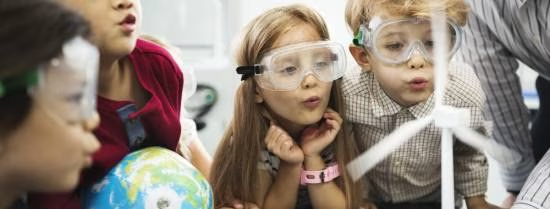Applied cognitive psychology: instructional design; self-regulation; motivation; formative action, and critical thinking.
With my research, I try to apply insights from educational psychology and cognitive psychology in the areas of instructional design, powerful cognitive learning strategies, feedback, motivation, and metacognition to the practice of higher education. Because I am attached to Avans University of Applied Sciences as a lecturer, most of my research is conducted with, in and for higher education practitioners.
